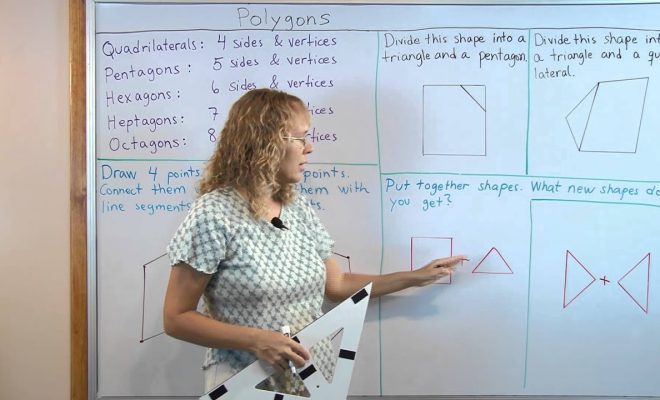Science and Nature Virtual Field Trips for Grades 3–8

Science and nature virtual field trips can be a fantastic way to engage students in hands-on learning experiences without leaving the classroom. These virtual trips allow students to explore different scientific concepts and natural phenomena in an interactive and immersive way.
One popular science virtual field trip for grades 3–8 is the virtual tour of a rainforest. Students can explore the diverse plant and animal life that can be found in these habitats, learn about the importance of rainforests in maintaining biodiversity, and understand the threats they face. Through virtual tours, students can navigate through different layers of the rainforest, observe and identify species, and gain a deeper understanding of the ecosystems.
Another exciting virtual field trip option is to explore the depths of the ocean. Students can embark on a virtual submarine journey, learning about the unique marine life found in different ocean zones. They can encounter fascinating creatures like deep-sea fish, jellyfish, and coral reefs. This virtual experience can also raise awareness about the importance of marine conservation and the impacts of human activities on ocean ecosystems.
Virtual trips to space are also a popular choice for science education. Students can virtually visit space agencies or observatories around the world, learn about the history of space exploration, and even participate in simulated space missions. They can explore the planets of our solar system, learn about the stars and galaxies, and gain a greater understanding of the universe.
These virtual field trips can be supported by interactive activities and quizzes that allow students to test their knowledge and deepen their understanding. Teachers can also provide follow-up discussions, assignments, or projects related to the virtual trip to reinforce the learning objectives.
Overall, science and nature virtual field trips provide an exciting and educational opportunity for students to explore scientific concepts, engage with the natural world, and expand their knowledge beyond the confines of the classroom. By incorporating these virtual experiences into the curriculum, teachers can inspire students’ curiosity, foster their love for science, and create memorable learning experiences.

